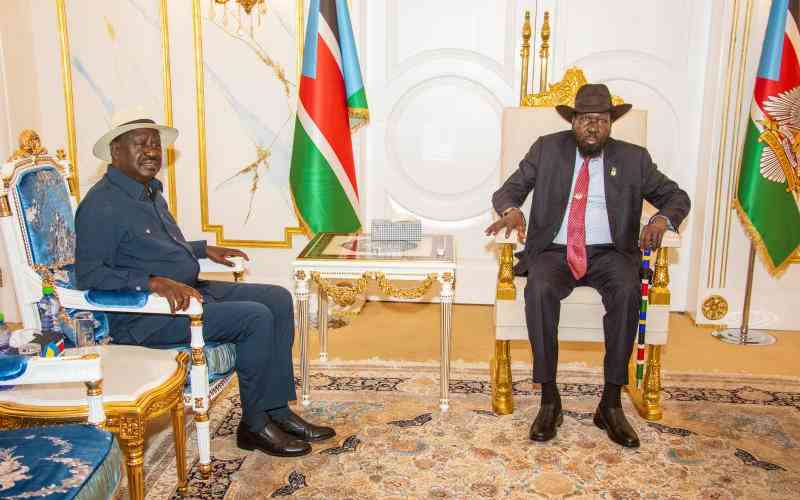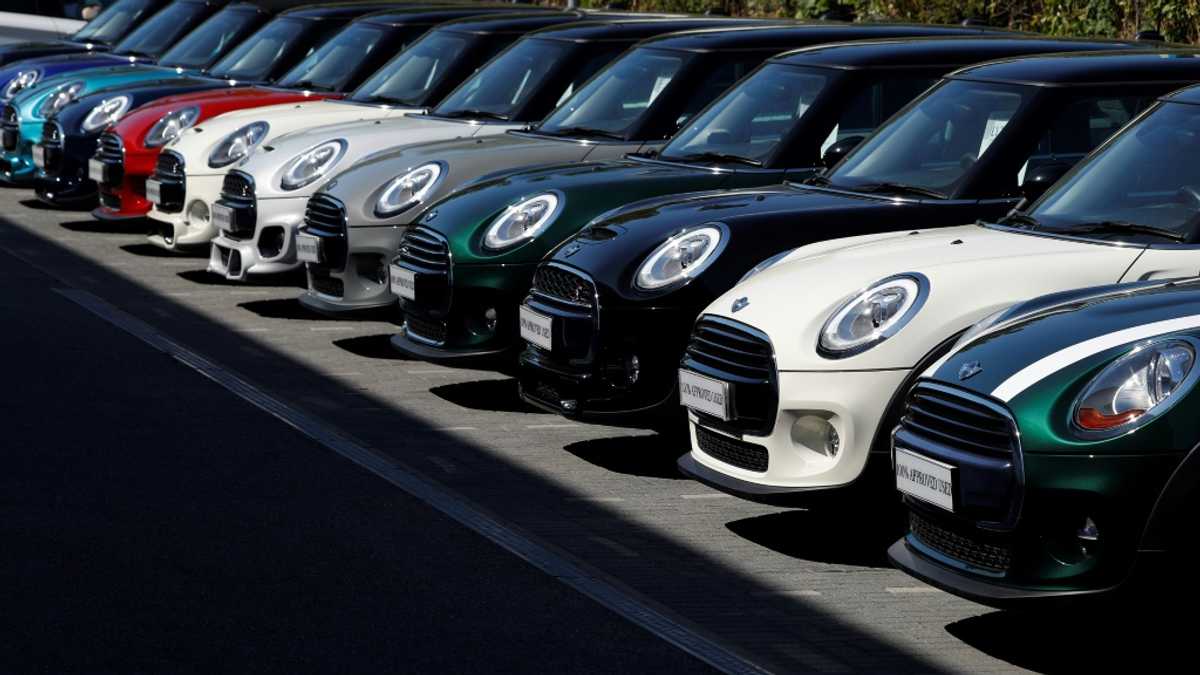Trump Warns U.S. Automakers Not To Raise Prices As His 25% Tariff On Cars And Auto Parts Takes Effect

In his characteristic style of deal-making and economic brinkmanship, President Donald Trump has issued a blunt warning to some of America’s top automakers: do not raise car prices.
According to WSJ, in a recent call with industry leaders, Trump warned them not to raise car prices in response to his newly imposed 25% tariff on imported vehicles and auto parts, which will take effect on April 2.
He said the White House would take a dim view of any price hikes blamed on the tariffs. The president sought to reassure the executives, saying they should be grateful for his decision to roll back what he called Biden’s “electric-vehicle mandate”, which he argued had been an unnecessary burden on the industry.
Register for Tekedia Mini-MBA edition 17 (June 9 – Sept 6, 2025) today for early bird discounts. Do annual for access to Blucera.com.
Tekedia AI in Business Masterclass opens registrations.
Join Tekedia Capital Syndicate and co-invest in great global startups.
Register to become a better CEO or Director with Tekedia CEO & Director Program.
“The tariffs will be great,” Trump said during the call, according to one of the participants who spoke to WSJ. He pitched the policy as a move that would strengthen American manufacturing and insisted that rather than complain about increased costs, automakers should view his tariffs as a positive development for the industry.
“You’re going to see prices going down, but going to go down specifically because they’re going to buy what we’re doing, incentivizing companies to—and even countries—companies to come into America,” Trump said publicly at an event announcing the tariffs.
But while Trump framed the tariffs as a way to rebuild American industry, the reaction from automakers was far less enthusiastic. Some executives left the call rattled and frustrated, worried about what form of “punishment” the administration might pursue if they increased prices anyway.
Despite Trump’s warning, the reality is that automakers cannot absorb the costs of the tariffs without passing them on to consumers. Many American-made vehicles still rely heavily on foreign parts and raw materials, meaning that even domestic production will see significant cost increases.
“Tariffs, at any level, cannot be offset or absorbed,” wrote Ray Scott, CEO of Lear, a major auto parts supplier, in an email to employees. “A holistic, industrywide approach will be necessary to mitigate the impact.”
The financial consequences of Trump’s move are already being calculated. Analysts at Morgan Stanley predict that vehicle prices could rise by 11% to 12% to offset the tariffs. Automakers are preparing for this reality, stockpiling a two- to three-month supply of new cars, but industry insiders warn that by May, the impact will be unavoidable.
One auto executive, speaking anonymously, summed up the industry’s reaction saying: “The math would tell you, that’s going to cost us multibillions of dollars. So who pays for that?”
Trump’s insistence that automakers keep prices steady comes at a delicate political moment. Inflation has been a central issue in his administration, with voters increasingly concerned about the rising cost of living. Trump’s economic advisers are privately worried that tariffs will drive up consumer prices, even if Trump himself does not frequently address these concerns publicly.
“It is difficult to see how imposed tariffs over time would not have some impact on prices,” said Matt Blunt, president of the American Automotive Policy Council, which represents GM, Stellantis, and Ford.
Other industries have expressed similar concerns. Oil and gas executives from the American Petroleum Institute have warned Trump that tariffs could push gasoline prices higher, particularly in the Midwest. Although gas prices have slightly declined since Trump took office, according to AAA, analysts say that prolonged trade restrictions could reverse that trend.
The food industry is also bracing for higher costs. White House officials say that food companies have argued that tariffs will drive up prices on products Americans rely on, further complicating Trump’s strategy.
Even some of Trump’s usual allies in the business world are questioning his approach.
“Trump is obviously very fond of tariffs, but the American public dislikes higher prices as the 2024 election results clearly demonstrated,” said Clark Packard, a tariff expert at the Cato Institute.
Rather than quietly accept Trump’s directives, automakers are mobilizing against the tariffs. Stellantis has already begun encouraging U.S. dealers to pressure lawmakers, warning that the policy favors European and Asian rivals at the expense of American manufacturers.
“We encourage you to contact your federal and state representatives to share your opinion on a matter that threatens to disrupt our business,” read an email Stellantis sent to dealers, which was viewed by The Wall Street Journal.
Many in the industry believe the tariffs could severely disrupt supply chains, making it harder for American automakers to compete globally. And while Trump argues that his policies will bring manufacturing jobs back to the U.S., experts warn that such shifts take years to materialize—far too long for automakers to absorb immediate tariff costs.
With the tariffs set to take effect on April 2, the next few months will determine whether automakers openly defy Trump’s warning. Many companies are already planning price increases, knowing that there is no realistic alternative.
The bigger question is how Trump will react if automakers refuse to comply with his demand. Could the White House use regulatory agencies as leverage against manufacturers who raise prices? Some fear government retaliation, given Trump’s history of targeting law firms, companies, and entire industries that do not align with his economic agenda.
As one industry insider put it, the situation is as much about politics as it is about economics: “Trump is telling us we can’t raise prices. But tariffs are a tax. So who’s going to pay for it? The consumer, or us?”
However, the auto industry appears determined to make its case, even as it braces for potential backlash from the White House. But if Trump’s tariffs lead to significantly higher vehicle prices in the months ahead, it may not just be automakers he finds himself at odds with—it could be the American consumer as well.














